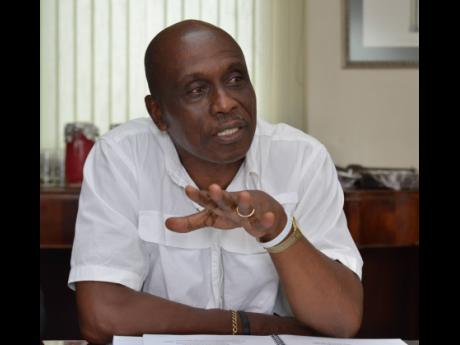Orrette Fisher | The right of citizens overseas to exercise their franchise
It is generally accepted in democratic countries that once citizens achieve the legal age (usually stipulated in the Constitution), they have the constitutional right to vote. There are often other qualifications established in different jurisdictions which place conditions on this right.
These often include the need to register as an elector and some form of residency requirement. Residency requirements usually stipulate a fixed period of time within which a person must be resident in an area or in the country in order to qualify as an elector. Citizenship in and of itself does not necessarily guarantee the right to vote.
Approaches by different countries
The emphasis placed on the inalienable right of citizens to vote varies across the spectrum where in countries like the United States of America, it is the democratic and constitutional right of an American citizen to vote, irrespective of where they are in the world.
They have gone to extreme lengths to facilitate this by opening up several mechanisms to allow citizen participation. These include overseas voting at its embassies and consulates overseas, mail in ballots, early voting, and so much more. In the middle somewhere is a country like The Bahamas which also facilitates early voting, and overseas voting for certain categories of the electorate. These include the diplomatic corps serving overseas and students studying abroad. The Bahamian students studying in Jamaica, for example, are facilitated by having a polling station established in Jamaica where they can go to vote.
Somewhere further along the line is a country like Guyana which, while not facilitating overseas voting for the average citizen, has set up a mechanism where Guyanese posted overseas in an official capacity are allowed to vote. This is achieved by sending the ballots to the respective embassies and consulates abroad. Interestingly also is that certain categories of electors are allowed to vote by proxy. This means someone is allowed to vote on behalf of another elector in certain circumstances laid out in the legislation governing the holding of elections.
Before completing the reading of the sentence above, most would have concluded that this will never work in Jamaica, and herein lies the root of the problem. Proposed changes to the electoral system are often shot down without being given the opportunity of being ventilated.
The people of Guyana are no less passionate, and I dare say distrusting of the electoral process than Jamaicans. The system of proxy voting is, however, very well regulated and monitored and can only be approved under specific circumstances, so much so it is not a major area of concern for the political parties.
Jamaica’s reality
Jamaica is at the opposite end of the spectrum compared to the USA where all citizens are allowed to vote. In Jamaica, the law requires that an individual must be resident in Jamaica in order to be eligible to be on the voters list and to have the right to vote in parliamentary and local government elections.
The irony is that very little has been done to police this residency requirement. The same legislation also states that once your name appears on the list of electors you are eligible to vote. The result is that thousands of Jamaicans who are no longer resident in the country, but whose names remain on the voters list, can simply return home to vote in an election, if they feel so inclined.
The question as to whether Jamaican citizens resident overseas should be allowed to vote in local elections has been and will continue to be debated, with no end in sight.The main argument proffered against it is that such electors vote for and help put in place a government, without having to live under the programmes and policies it implements. The other side of the argument is that these Jamaicans contribute significantly to the economy, through remittances and investments, and should therefore have a say in who governs the country.
The subject of this article is not to debate whether or not Jamaicans citizens living in the diaspora should be allowed to vote. The aim is to see whether enough is being done to continue reforming the electoral process to ensure citizens are not asked to sacrifice the constitutional right to vote, by the state itself.
Earlier, it was pointed out that several countries have made arrangements to facilitate voting by certain categories of electors who are overseas. In Jamaica’s case, a great starting point would be to facilitate voting by the diplomatic corps and other members of staff who are serving their country overseas and are registered electors. This would require some legislative amendments. Numerous countries at present are able to facilitate this, which certainly is not outside the ability of Jamaica to do the same. This blatant oversight needs to be corrected before other categories of citizens residing overseas can be considered.
Electoral reform is not an event but a process which requires that the system be kept under constant review. Certainly, the time is long overdue for a system to be put in place to ensure Jamaicans serving in official capacities overseas are able to exercise their constitutional right to participate in the electoral process. For this dedicated and hard-working cohort which already would have sacrificed much in accepting appointments to serve their country overseas, this is an additional sacrifice they need not be asked to make.
- Orrette Fisher is a former director of elections. Email feedback to columns@gleanerjm.com


